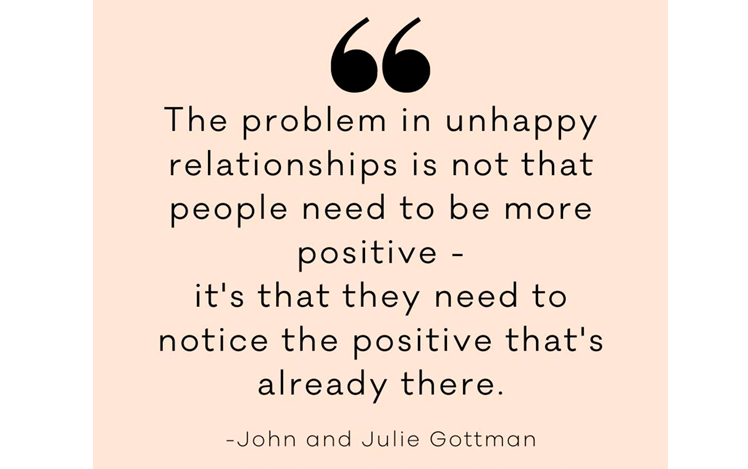By LaVerna Wilk, Master of Counselling R.C.C C.G.T | Estimated Read Time: 8 minutes
Anxiety is an interesting animal. There is nothing fun about it, no one enjoys a rapid heart rate, the hit of adrenaline, the racing thoughts – no one would choose panic attacks. Yet, there seems to be something perversely protective about anxiety at times.
I know that sounds crazy, even to me, but hear me out.
I made an observation one day as I was doing Neurotherapy with a client. We had her hooked up to a monitor and we were training her Theta/Beta ratio at the back of her head. Together we observed that as her brainwaves were learning to cope better with anxiety and reduce her symptoms, that her anxiety was actually increasing. As we talked about this she stated that, inside her, it almost felt like we were “storming the castle” so to speak, and that there was an urge to hold on to the anxiety and resist the changes we were trying to achieve. As we began to explore that, she was eventually able to articulate that while she didn’t enjoy her anxiety and the limits it imposed on her life, in theory there were ways in which it was almost soothing and at times protective. Her symptoms included anxiety about traffic and specifically about being in an accident. When she absolutely had to go somewhere with her husband she would have large reactions to imagined “near misses” at intersections, and was obsessed with watching the rear-view mirror so she would be able to warn him if they were about to get rear ended, etc. She had lived with these symptoms for so long that she had become quite accustomed to simply telling people, “No, I can’t go to the concert/movies/mall because my anxieties have been quite high lately”. What we discovered after much digging, was that her anxieties kept her vigilant, not only for actual threats to her safety, but imagined ones as well.
Let’s face it, if you are anxious about leaving the house because you MAY get into a car accident, the chances of that happening are greatly reduced if you don’t actually leave the house. Unfortunately, when she stayed at home and didn’t get into a car accident, her brain saw that as a positive reinforcement to her “strategy”; she felt safe and became more reluctant to leave the house. So when we were trying to reduce her anxiety there was natural resistance to that because there was a part of her brain that was very aware that anxiety, on some level, was functioning as her friend. In order for her brain to be willing to “let go” of anxiety, she had to acknowledge that she was actually quite competent at managing her safety with a clear, not anxious brain, and that she could be trusted to keep herself safe.
 Still sounds crazy, doesn’t it? Yet it’s not. Brains may be really smart, but they can also be kind of dumb at the same time. They work off instinct, especially the trauma brain. So, when something happens in our world that has huge negative consequences for us (like a trauma) our brain now installs warning lights that begin to flash if we wander close to something that even reminds us of what happened. Your brain needs coaching to remind yourself that, yes, you were in an accident at an unregulated intersection because both cars were going too fast and not exercising appropriate caution. Your brain may say, “Oh, no, an unregulated intersection. Better come to a full stop, check both ways 20 times and then ever so cautiously creep into the intersection, continuing to check for approaching vehicles in case you were wrong”. Your brain needs reassurance that, yes, we remember there was a really bad accident at an unregulated intersection, so let’s make sure we slow down adequately, check for oncoming cars, be prepared to stop if it seems like the other driver doesn’t see you, but to continue on with caution. No panic necessary.
Still sounds crazy, doesn’t it? Yet it’s not. Brains may be really smart, but they can also be kind of dumb at the same time. They work off instinct, especially the trauma brain. So, when something happens in our world that has huge negative consequences for us (like a trauma) our brain now installs warning lights that begin to flash if we wander close to something that even reminds us of what happened. Your brain needs coaching to remind yourself that, yes, you were in an accident at an unregulated intersection because both cars were going too fast and not exercising appropriate caution. Your brain may say, “Oh, no, an unregulated intersection. Better come to a full stop, check both ways 20 times and then ever so cautiously creep into the intersection, continuing to check for approaching vehicles in case you were wrong”. Your brain needs reassurance that, yes, we remember there was a really bad accident at an unregulated intersection, so let’s make sure we slow down adequately, check for oncoming cars, be prepared to stop if it seems like the other driver doesn’t see you, but to continue on with caution. No panic necessary.



